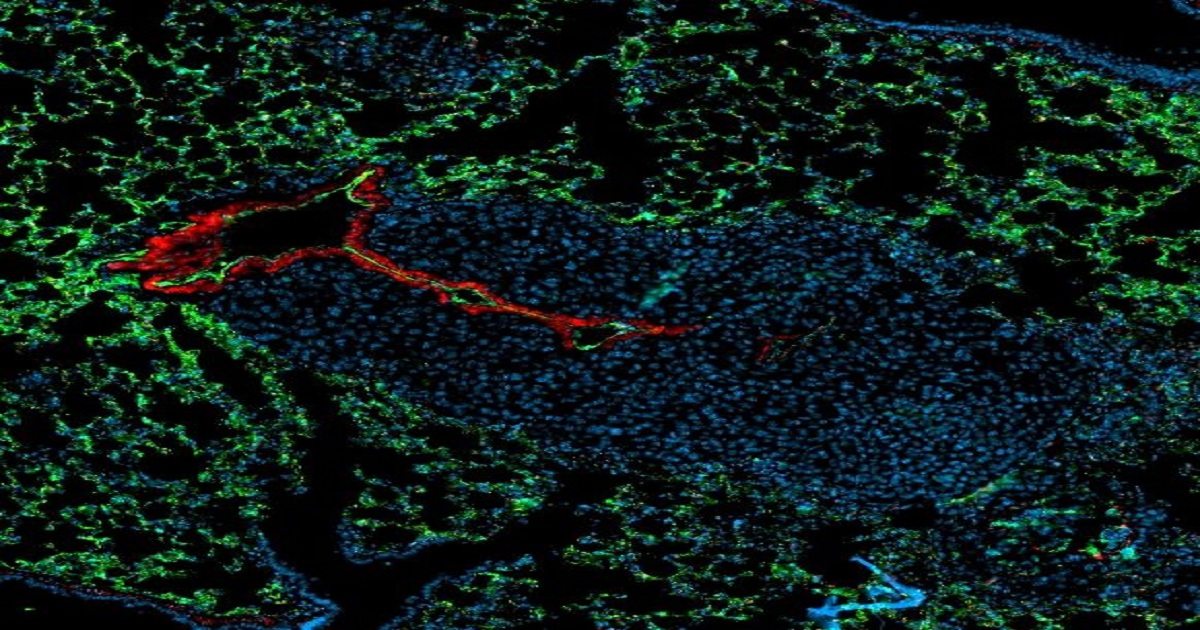Metastasis Blocking Antibody Shows Preclinical Promise
Genetic Engineering and Biotechnology News | April 24, 2020

Investigators at the German Cancer Research Center in Heidelberg (DKFZ) and the Mannheim Medical Faculty of the University of Heidelberg have released data on an antibody they created that blocks a receptor that stimulates the formation of new blood vessels in tumors and metastasis. Findings from the new stud—published recently in EMBO Molecular Medicine through an article entitled “Preclinical validation of a novel metastasis‐inhibiting Tie1 function‐blocking antibody”—showed that the antibody prevented the growth of metastases in mice with breast or lung cancer—thus providing a potential new principle for slowing down the metastatic dissemination of cancer cells. “The angiopoietin (Ang)–Tie pathway has been intensely pursued as candidate second‐generation anti‐angiogenic target,” the authors explained. “While much of the translational work has focused on the ligand Ang2, the clinical efficacy of Ang2‐targeting drugs is limited and failed to improve patient survival. In turn, the orphan receptor Tie1 remains therapeutically unexplored, although its endothelial‐specific genetic deletion has previously been shown to result in a strong reduction in metastatic growth.” Just like healthy tissue, tumors depend on nutrients that they receive via the bloodstream. However, since cancer cells proliferate rapidly and the tumors grow correspondingly fast, a bottleneck can develop here—if new blood vessels do not sprout at the same time. In addition, these new blood vessels are transport routes through which cancer cells reach distant organs where they grow into metastases. One goal in cancer therapy is, therefore, to prevent angiogenesis, i.e., the formation of new blood vessels, in order to deprive the tumor of nutrients and slow down metastasis. Drugs suppressing angiogenesis have already been in clinical use for more than a decade—albeit with limited efficacy.